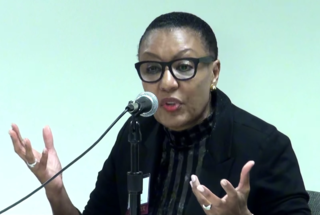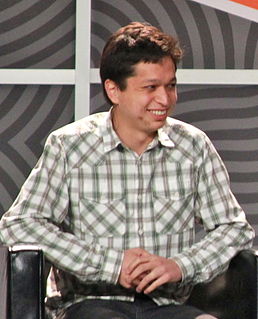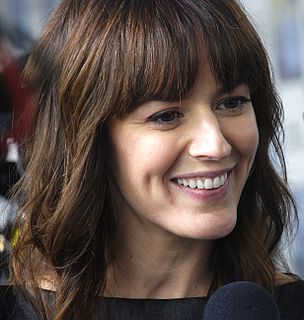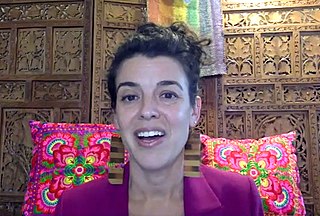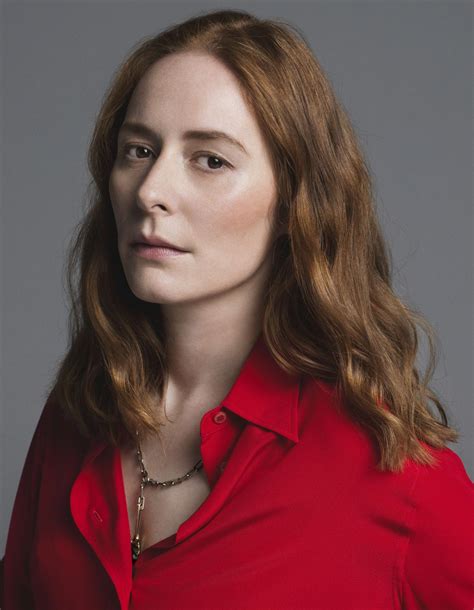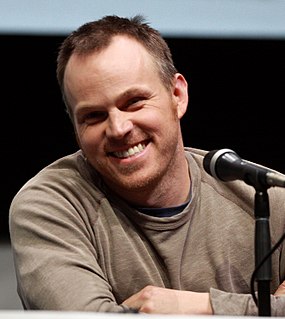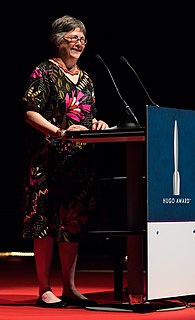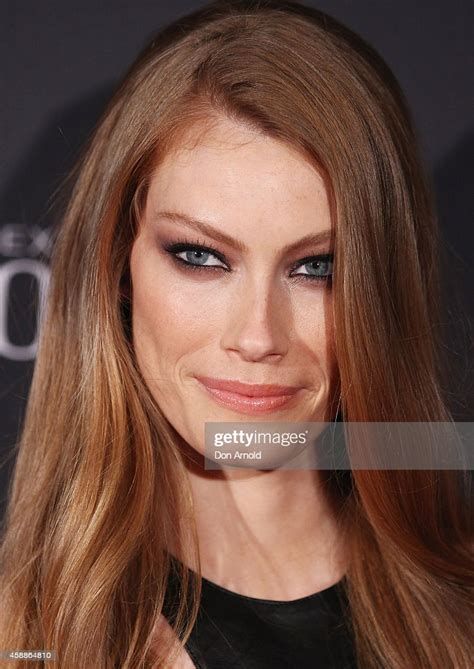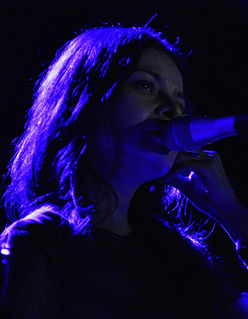A Quote by Meryl Streep
I had a number of great teachers and the ones that really were the strongest influences on me were women. They were really, really smart and interesting women.
Related Quotes
It just struck me as really odd that there were all of these conversations going on about what young women were up to. Were young women having too much sex? Were young women politically apathetic? Are young women socially engaged or not? And whenever these conversations were happening, they were mostly happening by older women and by older feminists. And maybe there would be a younger woman quoted every once in a while, but we weren't really a central part of that conversation. We weren't really being allowed to speak on our own behalf.
I had very supportive parents that made the way for me, even at a time when there were very few women - no women, really; maybe two or three women - and very few, fewer than that, African-American women heading in this direction, so there were very few people to look up to. You just had to have faith.
I started a writing class, not in service of writing a script or writing anything specific. I've just really been enjoying that, and oddly the group, not by design, but it just happened to be all women, and there were three women who gave birth this fall while we were all in class, and there's just something really great about getting to know these women through their stories and what they're writing about.
There was always a strong sense of femininity in the house, always that presence. And while it wasn't founded by a woman, the family always had this brilliant intuition for being surrounded by great women. Not that I am a great woman - I don't want to say that! - but there were always great women in different ages who had really a strong idea of style and could really translate the know-how of the house.
For me, there were a few things in the Spider-Man comics that I thought were really interesting. There's this story about Peter's parents and where he came from, and I thought that it was really interesting to explore the emotional consequence of someone whose parents had left them, at a very young age.
Viking women, if they were left behind, were ruling their town. They were earls in their own right; they owned land in their own right. They could divorce their husbands if they wanted to. All of those wonderful allowances that were made for women in the Viking culture weren't really part of the Christian culture at the time.
I was really inspired by these larger-than-life female artists like Lee Bontecou and Eva Hesse and Yvonne Rainier and the incredible Lynda Benglis. There were many women who were really driven and became successful, who were part of essential paradigm shifts, despite the fact that the art world was still dominated by men.
The war in Afghanistan was fought for feminist reasons, and the Marines were really on this feminist mission. But today, all the women in all these countries have been driven back into medieval situations. Women who were liberated, women who were doctors and lawyers and poets and writers and - you know, pushed back into this Shia set against Sunnis. The U.S. is supporting al-Qaeda militias all over this region and pretending that it's fighting Islam. So we are in a situation that is psychopathic.


